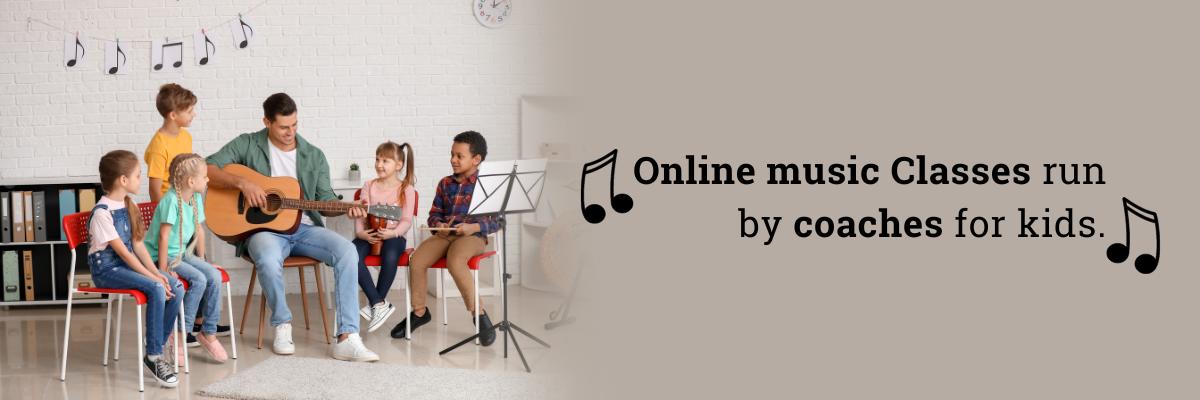
Learning to play a musical instrument is one of the ultimate ways to form good long-term habits. Everyone knows it takes time, but few of us have a concept of how it works and how to guide our efforts to avoid bad habits and develop good ones. This type of long-term muscle memory training usually happens automatically among children when they learn to do things like stand and walk, master a spoken language, or develop advanced motor skills to accomplish complex tasks. However, it takes years and lots of concentrated repetition as well as regular correction
In this blog post, we will give you insights as to why you need to learn an instrument or music to develop good habits among children. We hope you enjoy it!
Music and art have been around for as long as humans existed. Not only did it allow early humans to communicate and share thoughts, ideas, and stories, but scientists now believe that the arts have deep evolutionary roots. Scientists now believe that creativity is essential for social, emotional and cognitive development and music is one of the best forms of developing creativity at a young age.
Learning music has been shown to build personality and character, promote happiness and well-being, improve social skills, enhance academic performance, and increase brain and mind productivity. It helps in inculcating many aspects of development and personality in a child like social skills, academic performance, creativity and physical development.
The rhythm of music can help kids understand how things should be done in order or in a certain pattern. This helps them learn things like sequencing and order which are important skills for students of any age. Music also gives kids an avenue for self-expression as they create imaginary worlds with their own soundtracks or sing along with lyrics that tell their own story.
Music is an excellent way to start teaching habits to children. It's a gentle, non-confrontational approach and it helps the child learn in a fun and enjoyable manner. When children are engaged with music, they are more receptive to following directions. They also take in information more easily when they are listening to music. That makes the process of teaching good habits so much easier!
Unfortunately, music education is a low priority for school administrations because music classes lack funding and resources, which often forces music education to take a back seat. This may have a negative impact on children's healthy development. It is unfortunate that school budgets are leading to the elimination of music programs in schools. This could mean that children will be missing out on certain advantages.